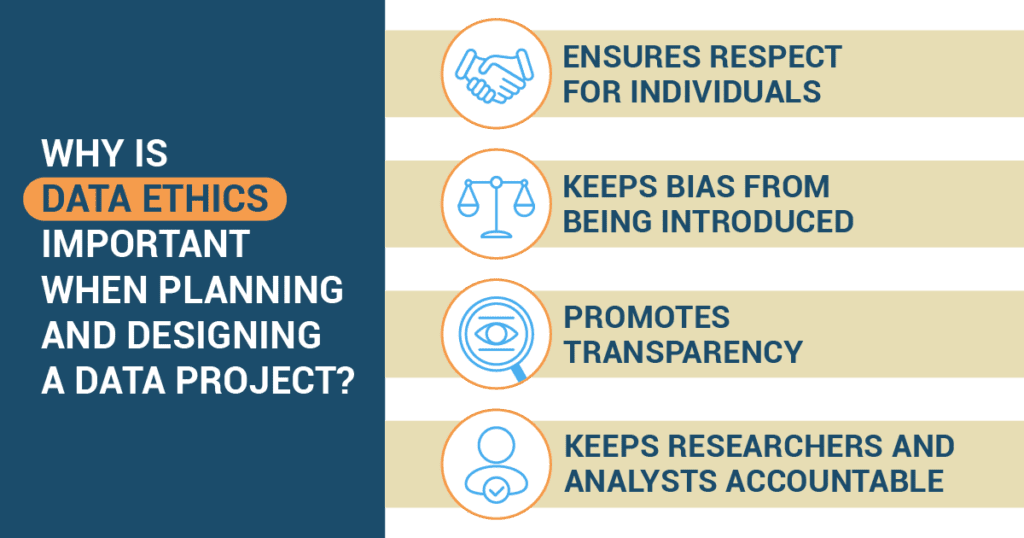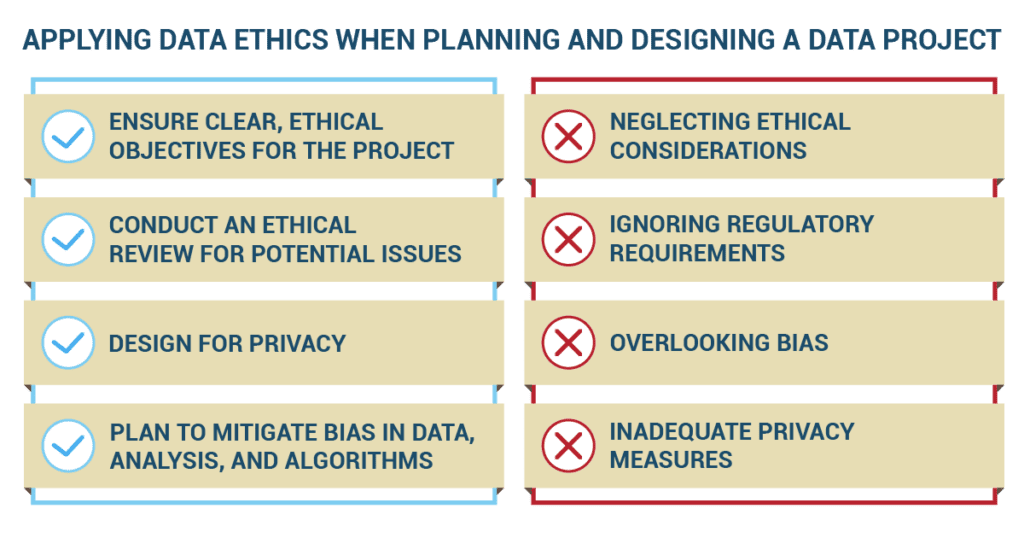I’d like you to picture a scenario. Imagine your typical school day: waking up in the morning, unlocking your smartphone, checking the weather forecast, scrolling through social media, and perhaps asking your smart speaker about today’s homework or extracurricular events. It feels pretty normal, right? But what if I told you that with each tap and swipe, you are creating vast trails of data? And, more importantly, that these data points, your digital footprints 👣, are being collected, stored, and analyzed every single day?
Now, imagine someone taking that data and using it to influence your decisions, your behavior, or even your beliefs. What if they used it without your knowledge, without your permission? A bit unsettling, isn’t it? 😨Now, consider this: what if they used this data to benefit you, creating better apps, games, and enhancing your digital experiences while ensuring your privacy and autonomy? A significantly more comforting thought 🤗.
This more positive scenario is what we strive for when we talk about applying data ethics, especially when designing a new app or digital service. This isn’t a topic confined to the lecture halls of computer science departments or the boardrooms of tech giants. No, the issue of data ethics impacts all of us, especially us who live, learn, and play in an increasingly digital world 🌐.
Whether we realize it or not, each of us grapples with the implications of data ethics in our daily lives. When we question a personalized ad that seems a little too accurate, or express concern about who might be ‘listening’ through our smart devices, or wonder how a recommended playlist knows our music taste so well – we’re already engaging with data ethics 🤔.
Why is Data Ethics Important When Planning and Designing a Data Project?
Imagine this: You’re playing a game of basketball, but the other team never gives the ball up after a made shot, and they always foul. That would be unfair, right? Now, let’s think about this in terms of a data project. If you didn’t consider others’ privacy or were unfair in collecting your data, it would be just like that unfair game of basketball. This is where data ethics comes in!
Respect for individuals: Just like in real life, people in data projects should be treated fairly and with respect. This means keeping people’s information private and confidential. Remember when your friend told you a secret, and you kept it? That’s similar to how we should treat people’s data!
No room for bias: Data ethics encourages the researcher to be aware of and minimize potential biases in data collection, processing, and analysis. In a fair soccer match, you wouldn’t favor one team over another, right? Same thing in data projects. Data ethics help us avoid any favoritism or bias in our data collection, ensuring the results are accurate and fair.
Promoting transparency: Ever been confused because your teacher didn’t explain what they wanted in an assignment clearly? Data ethics seeks to avoid this confusion by ensuring all steps in a data project are transparent and clearly explained and understood by everyone.
Keeping researchers accountable: When you do your homework, you’re responsible for getting it done and doing it right. In the same way, data ethics holds researchers responsible for their actions and the results they produce.
How Do You Apply Data Ethics When Planning and Designing a Data Project
Ethically sound objectives: Before starting a science experiment, you would first decide what you want to find out. Similarly, you need to decide the purpose of your data project. This should include the purpose of the project, potential benefits, and risks to involved parties. And remember to consider if it respects privacy, aligns with societal norms, and if the expected outcomes could potentially harm or unfairly benefit certain groups.
Conduct an ethical review: Think of this as a detective investigating potential issues. You can use tools like the Data Ethics Canvas framework or the Fair Information Practices (FIPs) framework to help.
Design for privacy: Like a superhero protects their secret identity, protect your data subjects’ privacy using techniques like anonymization and pseudonymization. Employ privacy-by-design principles to limit data exposure.
Plan to reduce bias: Just like you would avoid favoritism when picking teams for a game, anticipate and plan to avoid bias in your data, analysis, and algorithms.
Common Data Ethics Mistakes and Countermeasures for Planning and Designing a Data Project
Neglecting ethical considerations: Sometimes, in the rush to collect and analyze data, we might forget about ethics. But remember, rushing into a game without knowing the rules can lead to chaos!
- Countermeasure: Make sure to include an ethical review as a standard step in your project planning process.
Ignoring regulatory requirements: Just like you need to follow the school rules, you also need to follow legal rules when handling data.
- Countermeasure: Consult with a legal expert or use compliance-focused tools to ensure your project design meets all necessary regulations.
Overlooking bias: Sometimes, we might unintentionally favor certain data, leading to skewed results.
- Countermeasure: Always check your project design for potential biases.
Inadequate privacy measures: Remember, just like keeping your friend’s secret, protecting an individual’s data privacy is crucial.
- Countermeasure: Make sure to plan for privacy from the start and use techniques to keep data anonymous.
Researcher bias: Occurs when the researcher conducting the analysis, unconscious or conscious, influences the results in order to portray a certain outcome.
- Countermeasure: While no research can be completely free of bias, there are many steps, like peer review, transparency in approach to allow for replication, and other steps, that help minimize any potential for bias.
So, now you know – data ethics is a superpower that can make your data projects fair, respectful, and successful! Let’s use it wisely!
The Ethical Academic Explorer: Chris’s Data Expedition

During the initial planning stages, he jotted down several objectives. Chris aimed to identify patterns that could help students optimize their study habits, teachers refine their teaching methods, and schools develop better academic programs.
However, Chris remembered his Statistics class’s recent discussion about data ethics. He understood that even though his intentions were positive, he needed to tread cautiously. The idea of collecting and analyzing data about his peers was a responsibility he did not take lightly.
Chris started by drafting an informed consent form to ensure that everyone understood the project’s purpose. The form also made it clear that participation was voluntary and that any student could withdraw at any time without facing any consequences. This was Chris’s way of treating his classmates as autonomous agents, respecting their privacy and confidentiality.
Knowing that he would collect sensitive data about grades, studying habits, and personal characteristics, he sought to minimize potential bias. He decided to use a randomized sampling method to select his participants and create an anonymous survey that did not ask for any personally identifiable information.
Recognizing the need for transparency, Chris clearly outlined his project’s methodology to his peers, teachers, and the school administration. He communicated how he would collect data, the measures taken to ensure anonymity, and how he planned to analyze and present the data.
Chris knew that he was accountable for the scientific integrity of the study and the ethical handling of the data. So, he committed to sharing the project’s findings truthfully, regardless of whether they supported his initial hypotheses or not.
The day came when Chris was ready to send out his survey. But before he hit send, he decided to conduct one last review of his project design. He used the Fair Information Practices (FIPs) framework he learned in class to ensure he had considered all aspects of data privacy and ethics.
After several weeks of careful data collection, processing, and analysis, Chris presented his findings to his school. His research was hailed as a thoughtful exploration into academic habits and success, but even more so, it was recognized as an exemplary display of respect, responsibility, and ethical consideration in data science.
Chris’s journey into the world of academics through data was not just about the patterns and correlations he found. It was a testament to the importance of data ethics, even in a high school project. And it showed that with ethical considerations in mind, data could indeed be used to make the academic world a better place.

